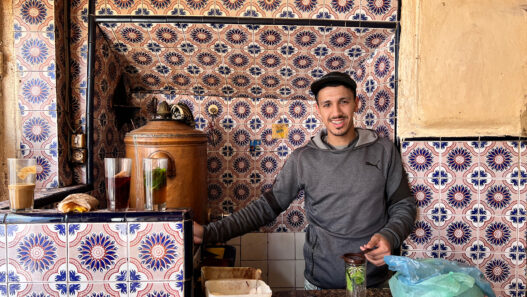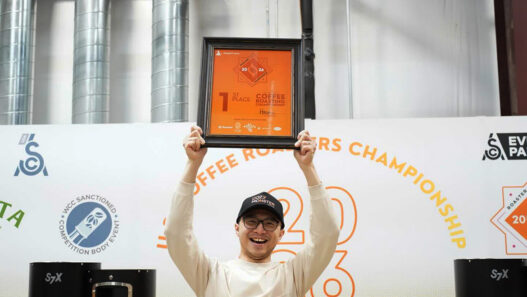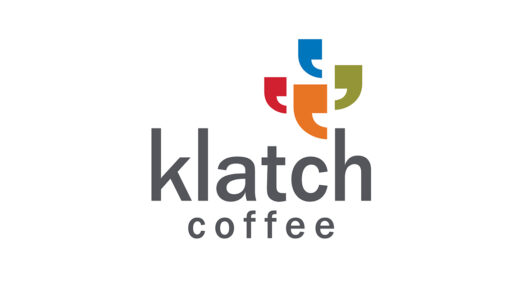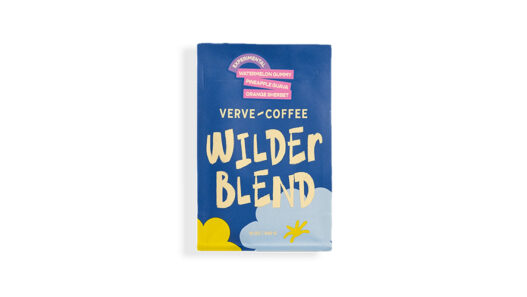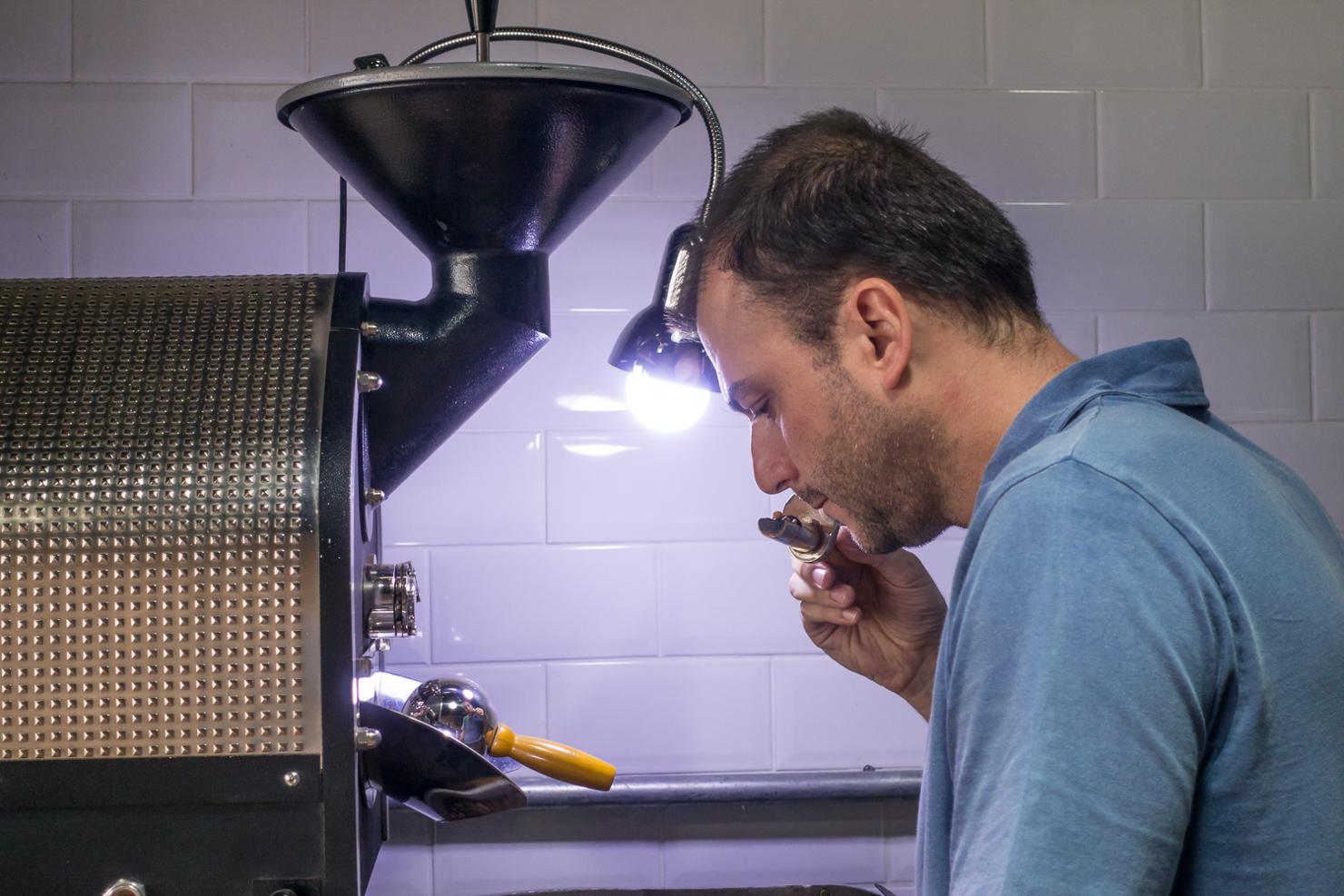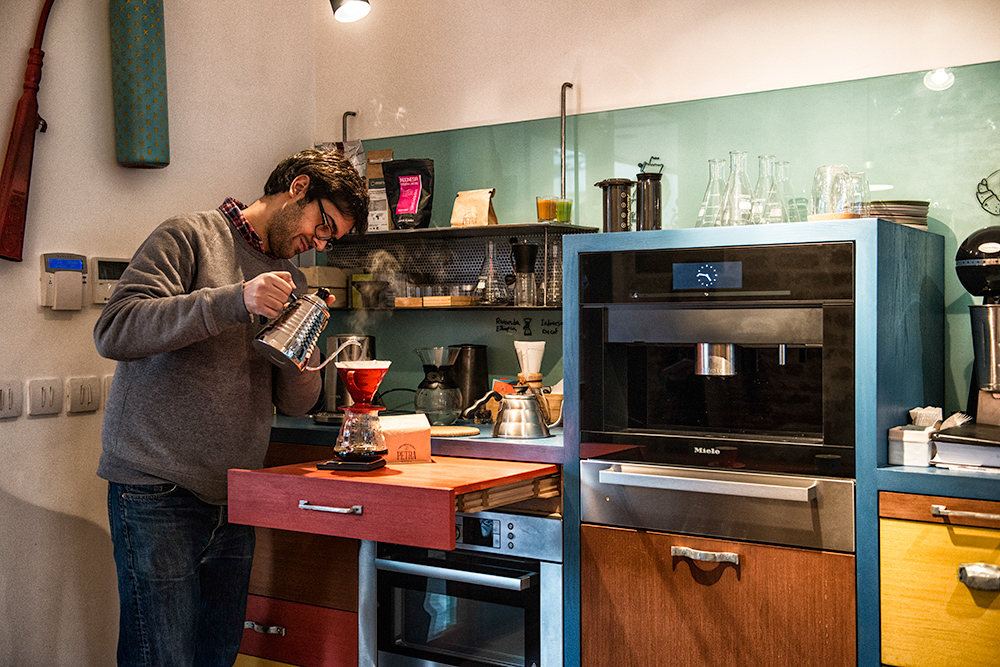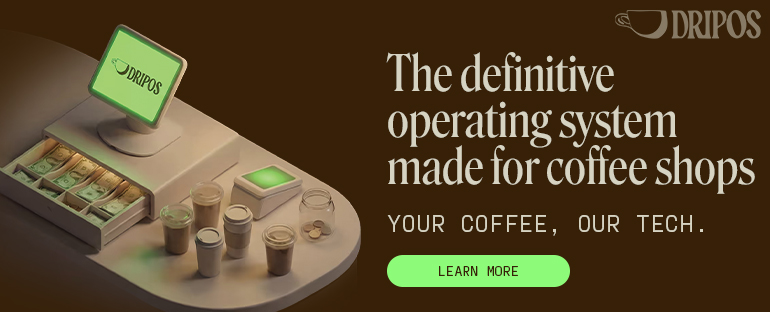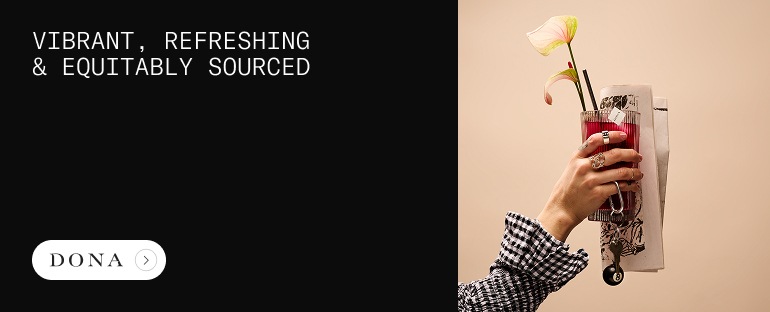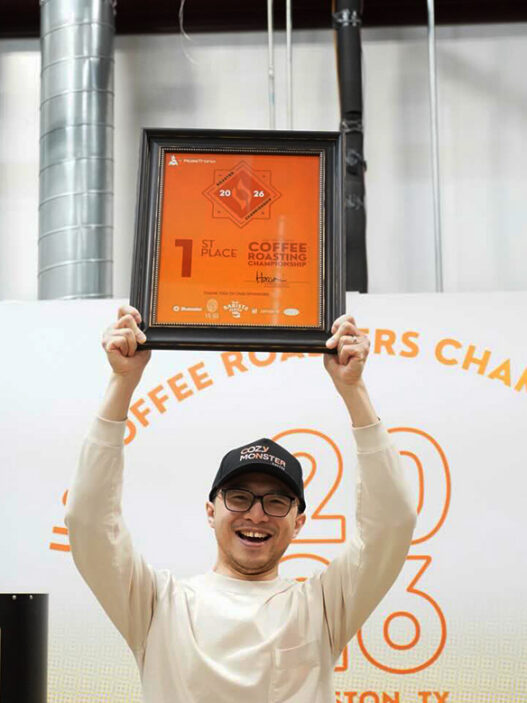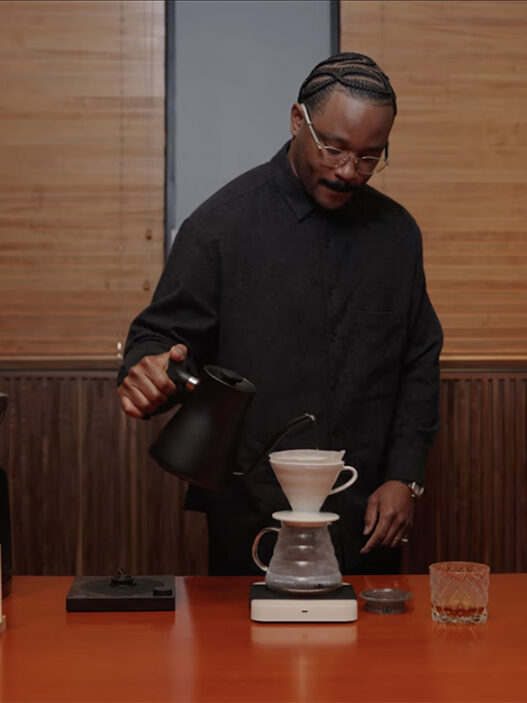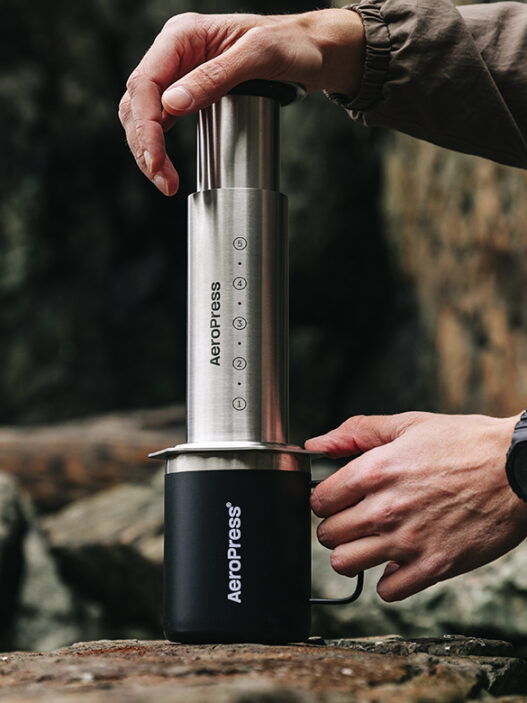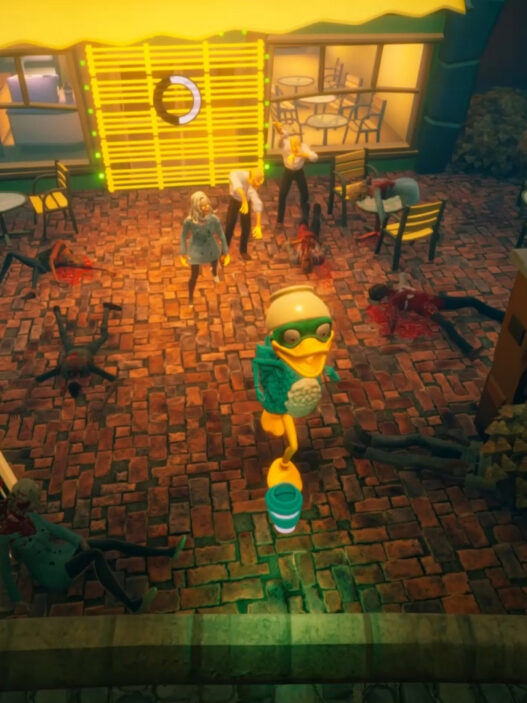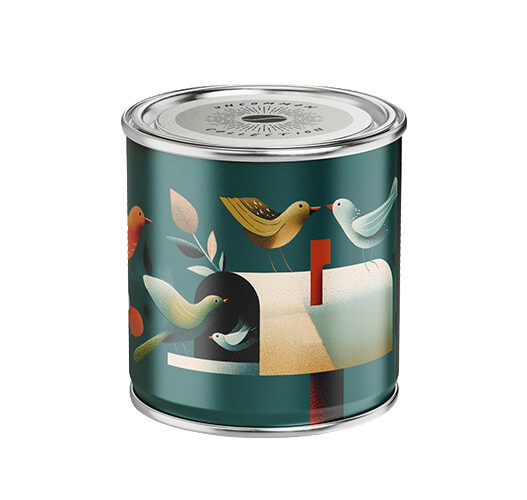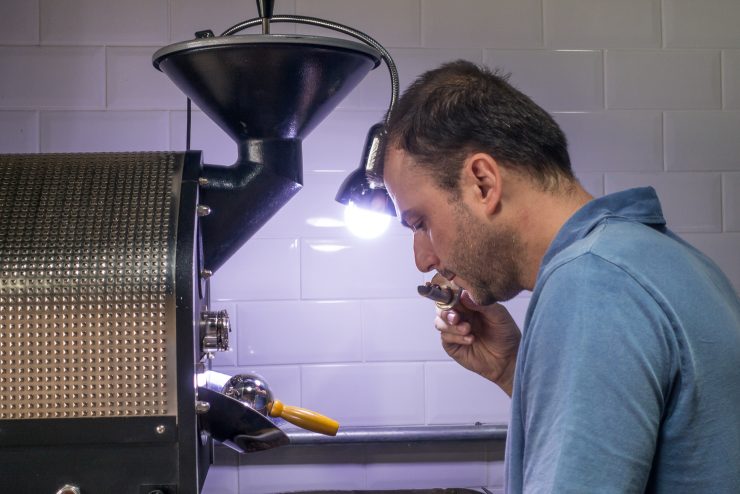
Son, this coffee is raw. This is a cupping roast, not suitable to drink.
Luiz Gabriel Pereira Villela, owner of Pereira Villela specialty coffee micro-roastery in the south of Minas Gerais, grew up hearing his mother’s censure. Try as he might, through artifice and example to show her the world of specialty coffee, she always went back to a good old sugary over-roasted coffee concoction brewed in a cloth strainer—as taken in most Brazilian coffee farms. But Villela did not give up: his mother’s taste in coffee is common here, but today the scene in Itajubá—the Minas Gerais southern city that’s home to Pereira Villela’s roasting company—is changing. Customers come to the cafe, listen to him talk about preparation methods, and take some of it home with no apologies. Most of them will return to get some more. Villela has become like a Pied Piper for drinking quality coffee in this part of Brazil, faithfully leading the locals toward the glory that is their birthright: beautiful cups of coffee from the land they call home.
Itajubá is located at the southeastern border of Minas Gerais, Brazil’s largest coffee producer state, and just an hour drive away from Carmo de Minas, the star coffee-producing town in the Mantiqueira de Minas micro-region. As is the case in many producing regions, from Minas to Nyeri, the locals are not accustomed to drinking high-quality coffee at home. Most of it ends up being exported or sold to Brazilian big cities. Villela has been trying to change that, and—thankfully—he’s succeeding.
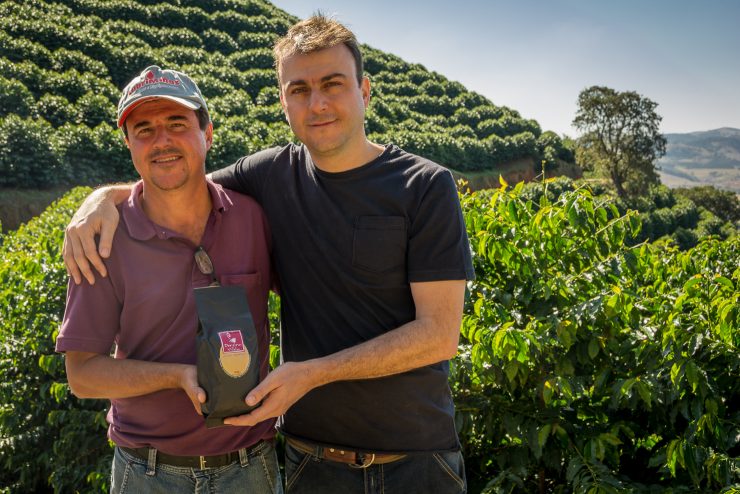
The Pereira Villela family comes from the Carmo de Minas region, too. Thirty years ago, when they inherited the São Jorge, São José, and São Bento farms, virtually no one was talking about quality coffee in the region. Luiz Villela’s father, Leofabio Junqueira Villela, saw quality improve when they decided to invest in a de-pulping machine. From there, the beans from all the three farms began to shine in competitions and Luiz Villela saw his passion for coffee grow more.
Villela started roasting in 1988, when his father bought a commercial roastery plant in Itajubá. He took courses to improve his craft, and also oriented his father and brother to improve production methods on the farms, so that the coffee produced would yield a better cup. In 2007, he finally opened his own coffee shop, in partnership with his sister. At the time, they had a humble Saeco espresso machine—he told me, blushing. Soon after they invested in a La Spaziale S5, and then finally bought the La Marzocco FB80 with which he proudly works today. In 2013, Villela took the bold decision to open a tiny establishment, separated from the original coffee shop, solely dedicated to coffee. The only one behind the counter is him, juggling between roasting, brewing, and cleaning.
I ask him if he might not feel the need to have a helper, and he says he prefers to work alone: that way he can ensure everything is according to his standards. In the end, he jokes, he also gets really “jealous” over his machinery. The micro-roastery does not sell anything but coffee: beans to-go, espresso, or brewed in the V60, Chemex, or AeroPress. Most of the coffees he roasts in his Probatino have travelled less than an hour to get there, straight from Carmo de Minas’ co-op.
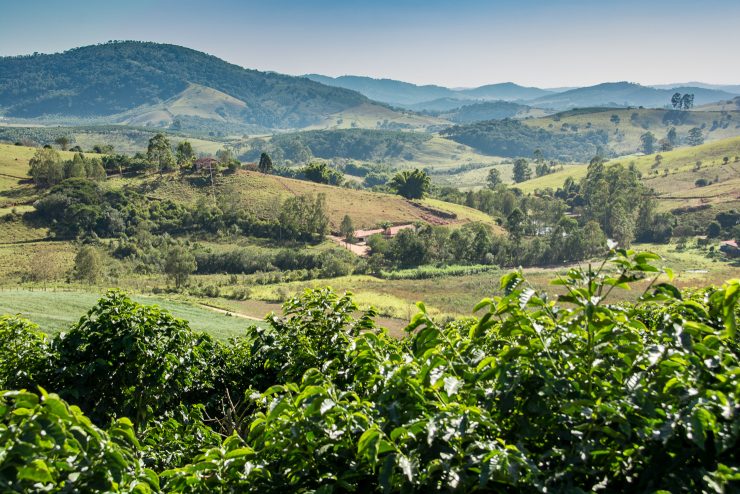
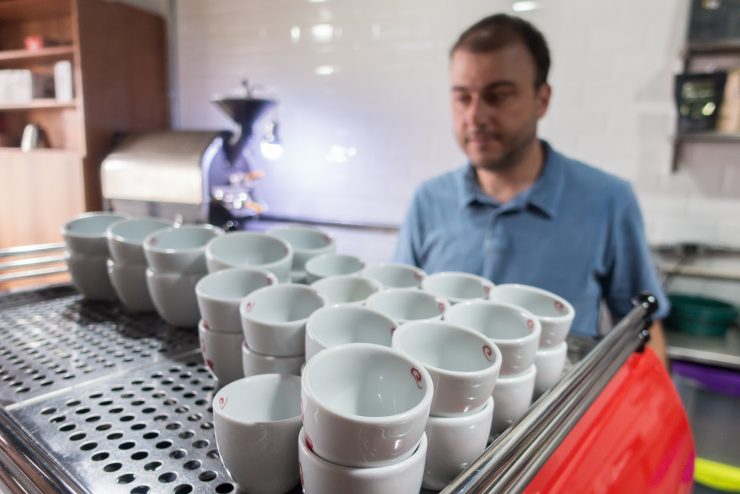
Villela’s coffee shop is distinctive. Besides the fact that he is the owner, the producer, head roaster, and barista, one can stumble upon several producers across the counter—over a macchiato, I had the pleasure of meeting Luciano José Braga, owner of Sítio da Pedra, one of Villela’s coffee suppliers. When Braga saw that I had ordered a double machiatto, he ordered “the same” to Villela. He found the taste to be good, very “filling”—it was the first time he had tried one. Villela tells me later he prefers to source from small holders, like Braga, who ultimately make a true effort to produce better beans. Many of them won’t sell their green coffee without first bringing it over for Villela to cup. He has purchasing priority.
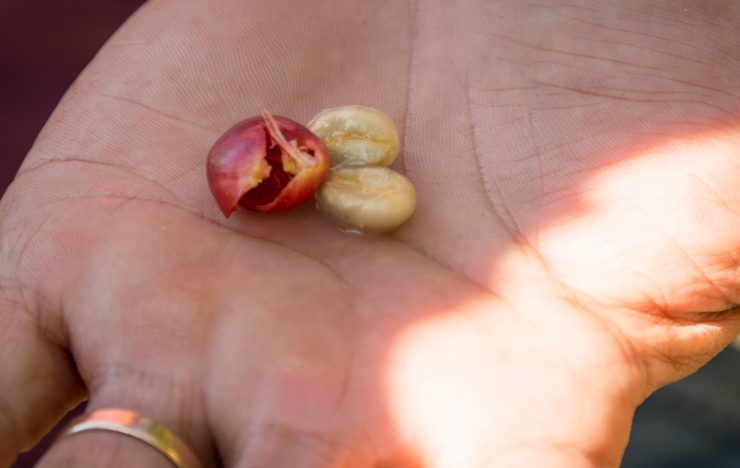
When he first opened the micro-roastery, Villela would roast all day on his Probatino without many interruptions or customers coming by. Today, he can’t anymore: loyal customers and newcomers will pop up throughout the day, so he has been coming in earlier and earlier to devote himself solely to roasting in the morning hours. Some of his coffees are already being served in Brasilia and São Paulo, and he’s recently launched an online shop.
Villela is happy this way, with a modest setup and a close relationship with customers and producers. He says he does not know how to do anything else other than work with coffee, so he could not be in a better place. Score one for the good people of Itajubá.
Juliana Ganan is a Brazilian coffee professional and journalist. Read more Juliana Ganan on Sprudge.
Photos by Svein Wisnaes, used with permission.




